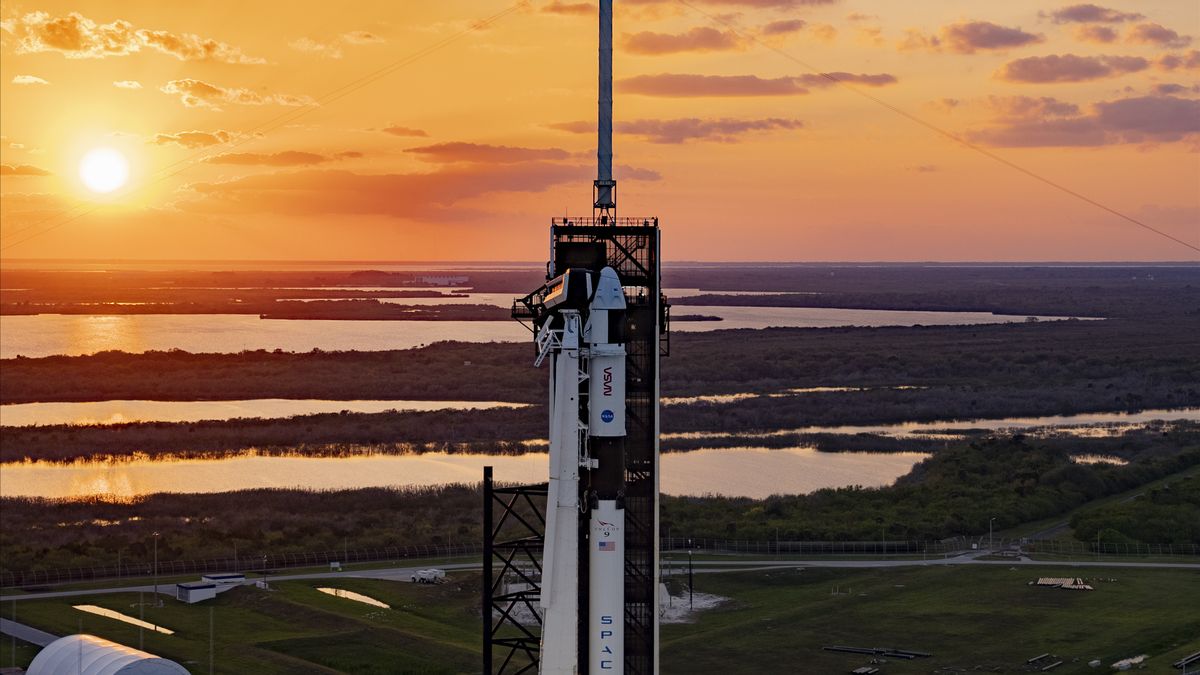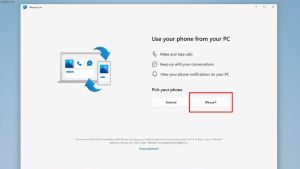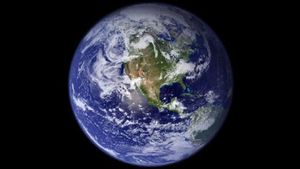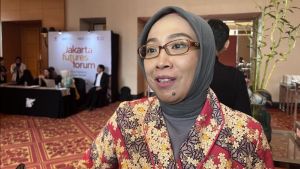
JAKARTA - Elon Musk's rocket company, SpaceX, is ready to try to send its next crew to live on the International Space Station (ISS) on Thursday 2 March after the first attempt was canceled due to problems with the launch system.
Reuters reports that two NASA astronauts will join a Russian cosmonaut and an astronaut from the United Arab Emirates for a six-month scientific mission consisting of experiments ranging from growing human cells in space to controlling combustibles in microgravity.
The SpaceX craft, consisting of a Falcon 9 rocket equipped with an autonomously operated Crew Dragon capsule named Endeavor, is scheduled to lift off at 12:34 a.m. EST (0534 GMT) from NASA's Kennedy Space Center in Cape Canaveral, Florida.
The four crew are expected to arrive at the ISS, which is about 250 miles (420 km) above the earth, about 25 hours after launch, on Friday morning, March 3.
An initial attempt on Monday 27 February to send the crew into space was aborted less than three minutes before liftoff time when the launch team detected a problem in the flow of the engine ignition fluid used to start the rocket's main propulsion. NASA says the problem can be fixed by replacing the clogged filter and cleaning the system.
관련 항목:
NASA said on Wednesday March 1 that the mission is "ready" to launch with a 95% chance of favorable weather.
"All systems look good for launch, although the team is still monitoring the weather along the spacecraft's en route," SpaceX said on Twitter.
The Crew 6 mission, marks the sixth long-term ISS team that NASA has flown with SpaceX since the private rocket company founded by Musk — billionaire CEO of electric car maker Tesla Inc and social media platform Twitter — began sending American astronauts into orbit in May 2020.
The newest ISS team is led by mission commander Stephen Bowen, 59, a former US Navy submariner who has spent more than 40 days in orbit as a veteran of three space shuttle flights and seven trips into space.
Fellow NASA astronaut Warren "Woody" Hoburg, 37, an engineer and commercial pilot appointed as the pilot for Crew 6, will make his first space flight.
Crew 6 also stands out in that it includes UAE astronaut Sultan Alneyadi, 41, only the second person from his country to fly into space and the first person to launch from US soil as part of a long-term space station team.
A Russian cosmonaut named Andrey Fedyaev, 42 years old, will become a member of Crew 6 for a six-month research mission on the International Space Station (ISS). Like Alneyadi, Fedyaev is an engineer and newcomer to spaceflight who was appointed mission specialist for the team.
Fedyaev is the latest cosmonaut to fly on a US spacecraft in a ride-sharing agreement signed in July by NASA and the Russian space agency Roscosmos, despite strained relations between Washington and Moscow over Russia's invasion of Ukraine.
Team Crew 6 will be greeted aboard the space station by the current seven-member ISS crew - three members of the United States NASA crew, including commander Nicole Aunapu Mann, the first Native American woman to fly in space, along with three Russians and a Japanese astronaut.
The ISS, the station the length of a football field and the largest man-made object in space, has been operated continuously for more than two decades by a consortium led by the United States and Russia, involving Canada, Japan and 11 European countries.
The station began as an attempt to improve relations between Washington and Moscow after the collapse of the Soviet Union and the end of the Cold War rivalry that spawned the space race between the United States and the Soviet Union in the 1950s and 1960s.
The English, Chinese, Japanese, Arabic, and French versions are automatically generated by the AI. So there may still be inaccuracies in translating, please always see Indonesian as our main language. (system supported by DigitalSiber.id)













